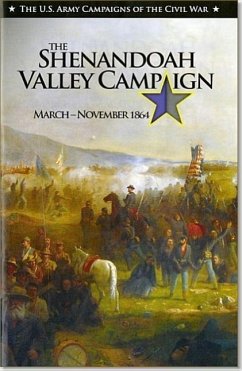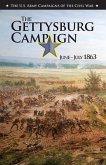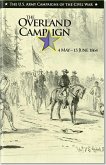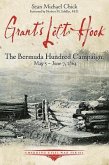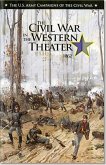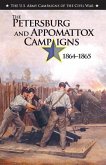The Shenandoah Valley Campaign, March November 1864, by Raymond K. Bluhm Jr., covers Union and Confederate military operations in the Shenandoah Valley region of southwestern Virginia, and in Maryland and Washington, D.C., during the last full year of the conflict. Bluhm describes the Union advance in the Shenandoah Valley in May 1864 that led to the Federal defeat at the Battle of New Market, Maj. Gen. David Hunter's destructive campaign later that spring culminating in his retreat from Lynchburg, and Maj. Gen. Jubal Early's subsequent Confederate offensive against the U.S. capital, resulting in the Battle of Monocacy in July. Also covered is Maj. Gen. Philip Sheridan's tenure in command of Union forces in the Valley and his two key victories at Winchester and Cedar Creek, in which rebel forces under Early were defeated, giving Union forces control over the region by November 1864."

